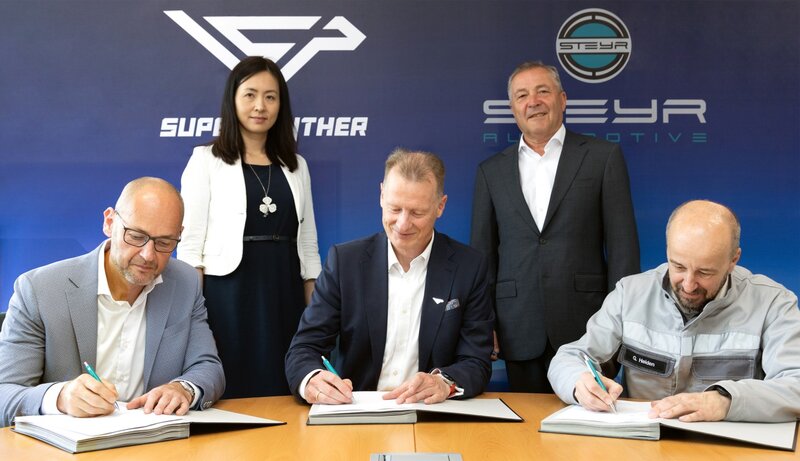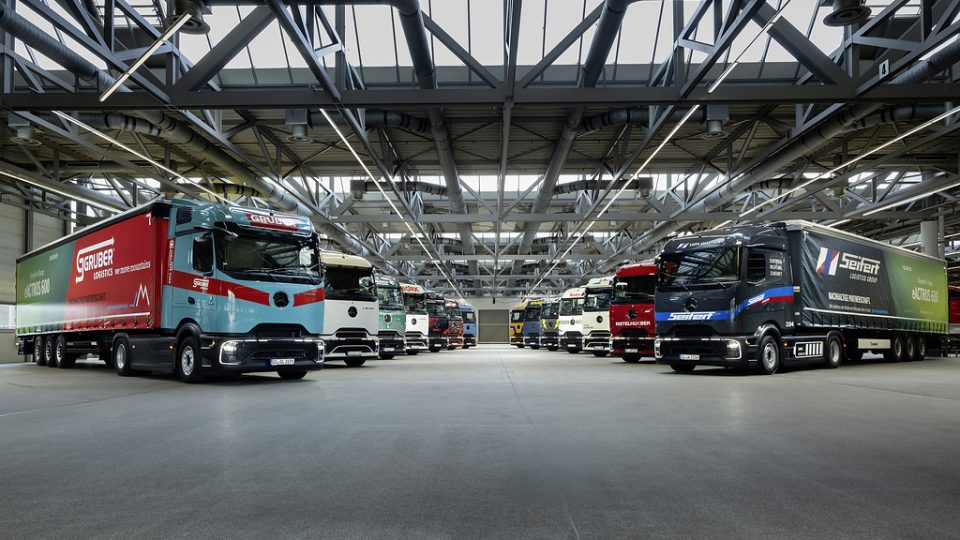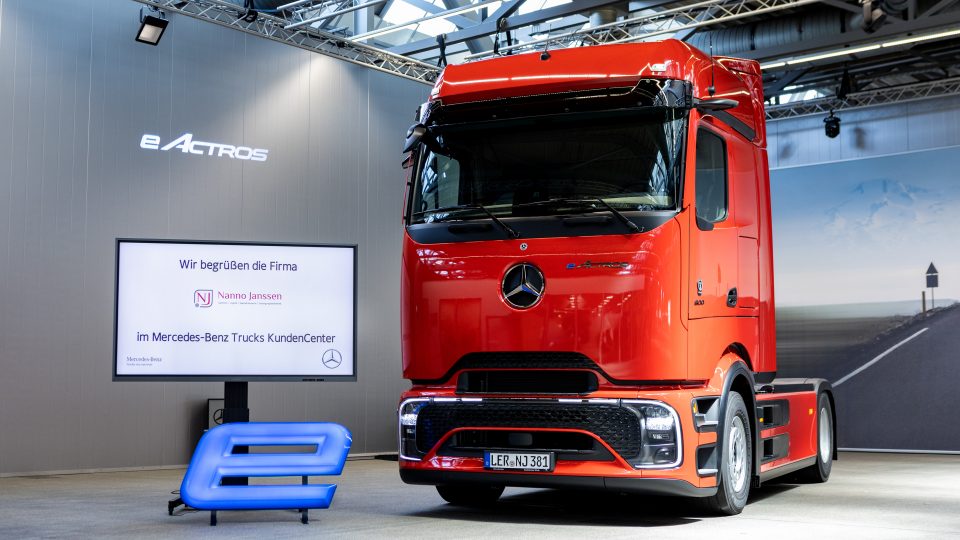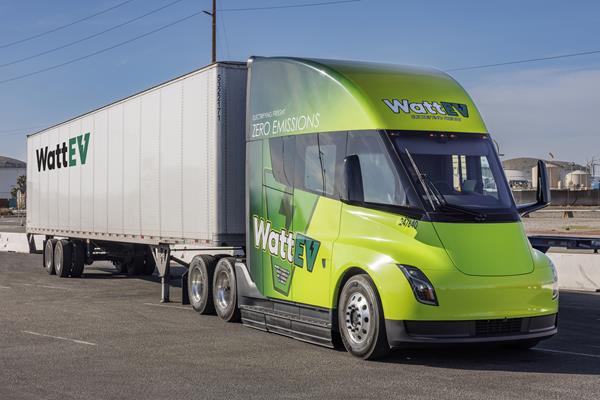Zero emission waste collection in Paris: 18 Renault Trucks E-Tech D Wide at work throughout the 13th district
The zero emission vehicles were delivered by Renault Trucks to Sepur, a local expert in waste collection and management. This is a major step forward by the municipality in reducing its environmental impact and improving the quality of life of its residents.
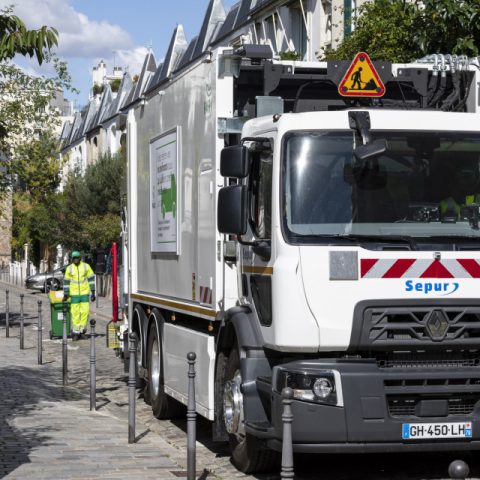
Eighteen Renault Trucks E-Tech D Wide trucks are currently operating throughout the 13th district in the city of Paris. The zero emission vehicles were delivered by Renault Trucks to Sepur, a local expert in waste collection and management. This is a major step forward by the municipality in reducing its environmental impact and improving the quality of life of its residents.
From now on, then, 18 Renault Trucks E-Tech D Wide bodied by Semat will carry out around one hundred collections per week, which means that 21 tonnes of CO2 emissions will be avoided per week compared with collections carried out using trucks running on natural gas. It is a significant step forward for waste collection management in Paris.
Zero emission waste collection in Paris: Sepur and Renault Trucks
“It’s in our DNA to offer local authorities the most sustainable transport possible. Since 2014, we’ve been converting our fleet to reduce our greenhouse gas emissions. We’ve set ourselves the goal of eliminating diesel-powered vehicles from all our collections by 2025”, announced Sepur CEO, Youri Ivanov.
“Electric mobility is the cornerstone of Renault Trucks’ strategy for carbon-free transport. We’re aiming for 50% of our sales to be electric by 2030 and, by 2040, all the vehicles we sell will run entirely without fossil fuels”, explained Bruno Blin, President of Renault Trucks. “The commissioning of these 18 electric refuse collection vehicles marks an important step in the city’s progress towards clean and sustainable mobility. We are proud to play a role in this, alongside Sepur.”










